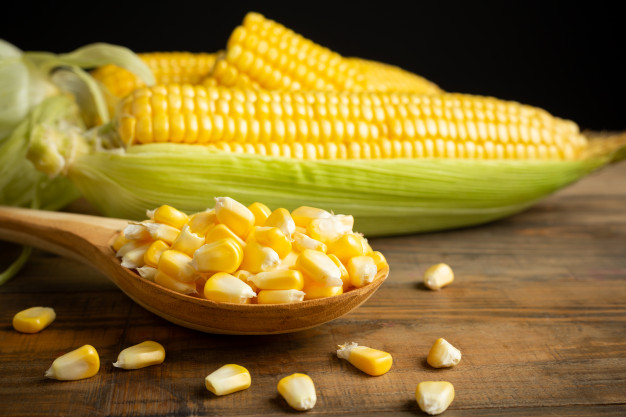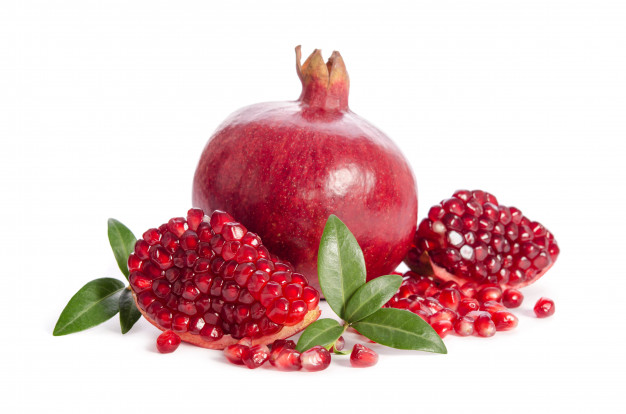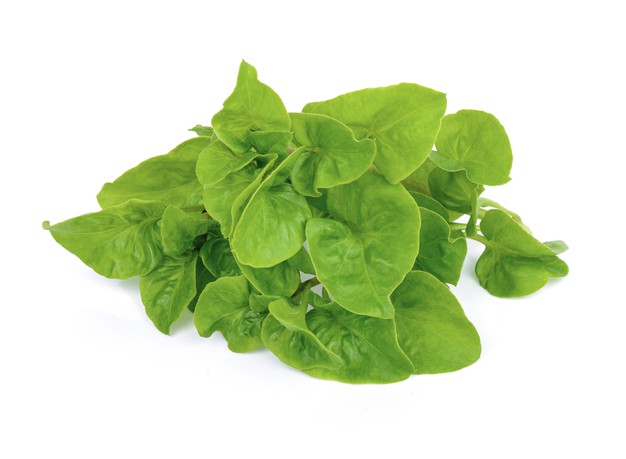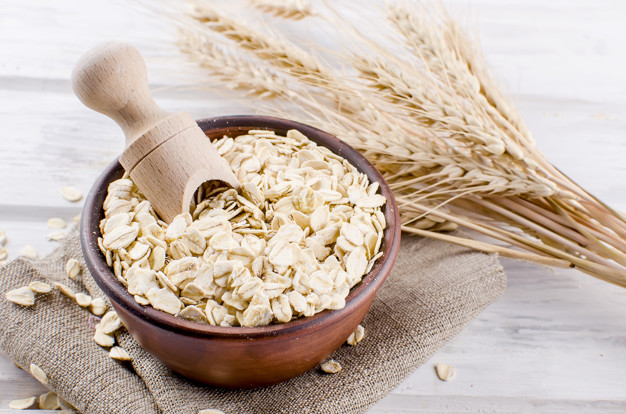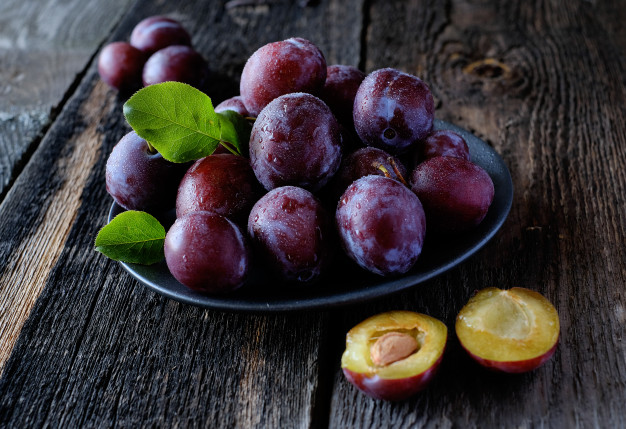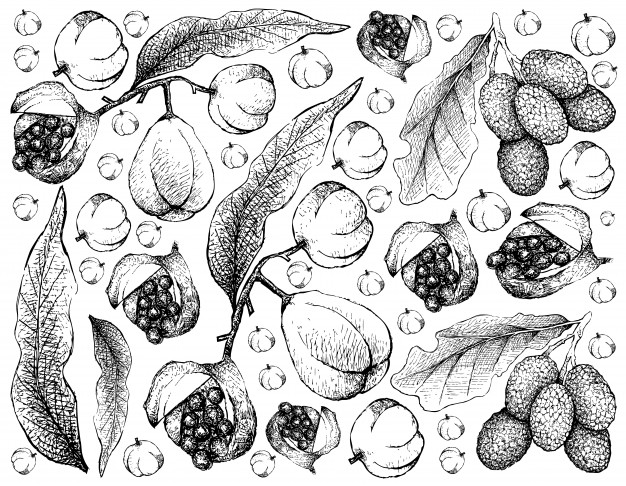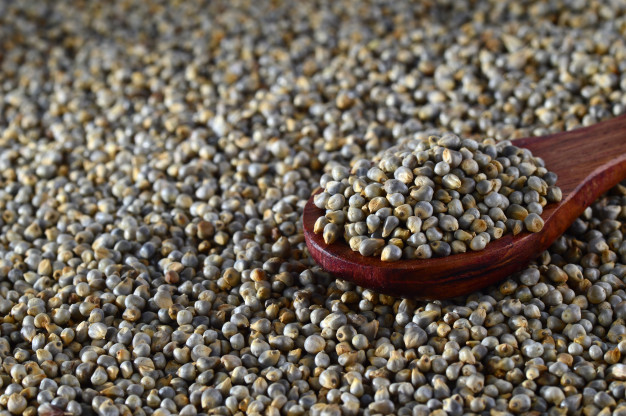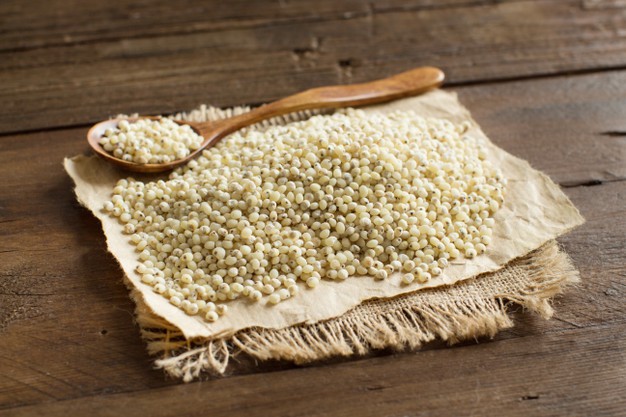Maize also known as corn, is one of the most nutritious cereal grains that has been extensively used for various therapeutic purposes.
Nutritional profile
- It is rich in carbohydrates
- It also contains significant amount of dietary fibre
- It contains desirable amount of protein and significantly rich in a special type of protein named zeins
- It contains lesser amount of fat as well. It contains comparatively higher amount of unsaturated fatty acid (linoleic acid) than saturated fat and does not contain cholesterol
- It is packed with various micronutrients, which include Vitamin A, Vitamin C, Vitamin E, B vitamins, phosphorus, calcium, sodium, iron, magnesium, zinc, manganese and copper
- It also contains several biologically active components that play significant role in exerting antioxidant, anti-inflammatory, anti-carcinogenic and nutreceutical activities. These compounds include, anthocyanins, phytic acid, ferulic acid, lutein and zeaxanthin
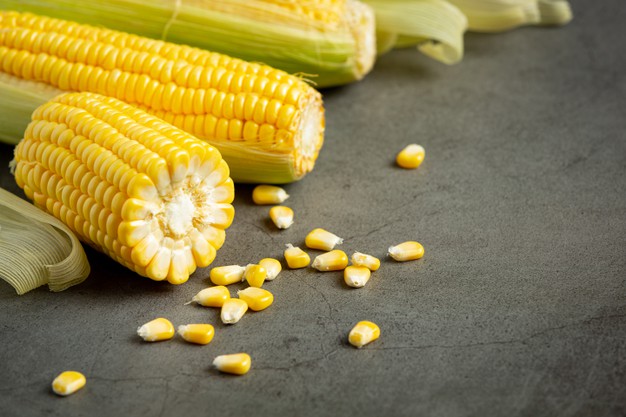
Biological activity
Antioxidant activity
- It contains various components, like lutein, zeaxanthin, quercetin etc, which are responsible for exhibiting antioxidant activity
- It plays significant role in decreasing the concentration of free radicals and reactive oxygen species (ROS) in body, which help to protect the body from oxidative damages
- It also inhibits lipid peroxidation
- It helps to spare various important biological substances of body from oxidation thus help to promote their functionality
- It helps to decrease oxidative stress too, which ultimately helps to reduce the risk of developing chronic diseases

Anti-carcinogenic activity
- Polyphenolic components of corn are considered as the principal anti-carcinogenic components that significantly reduce the prevalence of carcinoma by decreasing the concentration of carcinogens in body
- Ferulic acid component of maize plays imperative role in suppressing the growth of malignant cells as well as tumor cells in body
- Cryptoxanthin found in maize plays vital role in promoting lungs health thus helps to reduce the prevalence of lung cancer
- It is also very effective for lessening the risk of developing colon cancer
Anti-inflammatory activity
- Quercetin component of maize plays significant role in preventing inflammation
- It helps to decrease the concentration of pro-inflammatory mediators in body that ultimately decreases the risk of developing chronic inflammatory diseases
Health benefits
Role on eye health
- It contains significant amount of carotenoids that help to promote eye health as well as vision
- Zeaxanthin and lutein are the most important carotenoids found in maize that play significant role in protecting the eye especially the macula from blue light induced oxidative damages thus it is better to include maize in diet for reducing the risk of developing macular degeneration

Role on digestive health
- It has seen that consumption of maize plays imperative role in promoting digestive health
- It is associated with stimulating the secretion of gastric juice thus promotes digestion
- Its fibre content is responsible for preventing constipation as it helps to make the defecation process easier by making the stool bulky as well as soft and also by enhancing bowel movement
- Its fibre content is also responsible for promoting gut health as it helps to improve the growth of intestinal beneficial microbes
- It also helps to increase peristalsis thus improves colonic health as well
- It is absolutely gluten free thus it can easily incorporated in the diet of celiac patients
Role on weight management
- Skinny individual who wants to gain weight should consume maize. It is considered as a healthy option for underweight or malnourished individual
- It is significantly rich in carbohydrates thus its consumption is closely related with providing enough calories that positively promotes weight gain
Role on maternal health
- It has seen that pregnant women suffer from various digestive issues like indigestion, constipation, heart burn, nausea, vomiting etc
- As it is rich in fibre thus its consumption is very much helpful for promoting digestion during gestation thus helps to decrease the risk of developing above stated digestive disorders

Role on skeletal health
- Its magnesium, calcium and phosphorus components play major role in promoting the synthesis of healthy bone tissues thus significantly improves bone health
- It helps to increase bone mineral density as well
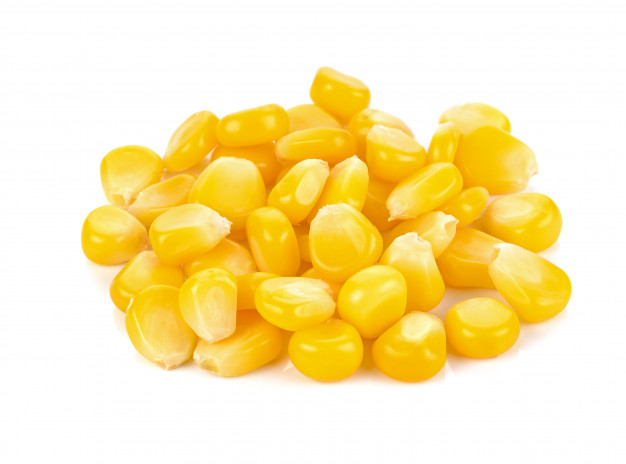
Role on skin
- It helps to promote the health of skin as well as mucous membrane
- Its antioxidant activity is responsible for protecting the skin from oxidative damages thus decreases the risk of developing skin disorders
- It helps to prevent ageing as well
- Its Vitamin C component is accountable for enhancing skin elasticity as it helps to stimulate the synthesis of collagen
- It also helps to provide the skin a younger look
Role on hair
- It plays imperative role in promoting hair growth
- It has seen that application of corn oil to the scalp significantly improves hair strength
- It helps to decrease hair fall as well
Disease preventing role of maize
Maize and cardiovascular disease
- It helps to decrease the risk of developing atherosclerosis by preventing fat deposition within blood vessels thus helps to reduce the prevalence of clogged arteries that ultimately helps to prevent coronary artery disease
- It helps to prevent hypertension as well
- Its unsaturated fatty acid contents also play significant role in promoting cardiac health and decreases the cardiac morbidity and mortality rate

Maize and hypercholesterolemia
- Its high fibre content is recognized as the principal feature for preventing hypercholesterolemia
- Fibre helps to decrease the concentration of LDL, VLDL and triglyceride in body but significantly improves HDL level and it is related with maintaining a healthy ratio of LDL and HDL, which ultimately helps to decrease the prevalence of metabolic syndrome
- Its cholesterol lowering activity is also very effective for promoting hepatic health and decreases the prevalence of gallstones
Maize and hemorrhoid
- Hemorrhoid is a health complication mainly characterized by the presence of inflamed and swollen veins in anus and rectum that may cause bleeding and tremendous discomfort
- Fibre plays significant role in improving the symptoms of hemorrhoid
- As maize contains both soluble and insoluble fibre thus its consumption is very much helpful for preventing hemorrhoid
Maize and diabetes
- Though it contains significant amount of sugar but polyphenol components of maize exerts hypoglycemic effects
- It has seen that polyphenols present in maize are associated with increasing insulin sensitivity thus decrease the concentration of glucose in blood
- It is very effective for reducing the risk of developing non-insulin-dependent diabetes mellitus

Maize and Alzheimer’s disease
- Consumption of maize significantly improves the symptoms of Alzheimer’s disease as it contains desirable amount of Vitamin B1 and Vitamin B6 that help to improve brain functionality
- It is also associated with stimulating the production of acetylcholine that helps to improve memory
Maize and anemia
- Consumption of maize is very effective for preventing anemia as it contains adequate amount of iron and folic acid that help to stimulate the synthesis of hemoglobin
General consideration of using corn
- It can be added to salad, soup, salsa, chili, veggies before consumption
- It can also be used for preparing sandwiches
- Grilled maize can be consumed as well
Risk factors
Excessive consumption of maize may develop various health hazards like –
- Gastrointestinal disturbances
- Its high carbohydrate contents may cause obesity
- Its phytic acid content may interferes with the absorption of various nutrients
Thus it is better to consume maize as per recommendation.


Source:
Bento-Silva, A., Patto, M.C.V. and do Rosário Bronze, M., 2018. Relevance, structure and analysis of ferulic acid in maize cell walls. Food Chemistry, 246, pp.360-378.
Murdia, L.K., Wadhwani, R., Wadhawan, N., Bajpai, P. and Shekhawat, S., 2016. Maize utilization in India: an overview. American Journal of Food and Nutrition, 4(6), pp.169-176.
Muyanja, C., Gonahasa, J., Nabakooza, J. and Julius, B., 2020. Maize germ and bran for value addition: high fiber bakery and confectionery products. Scinnovent Center Policy Brief, No. 8/2020.
Orhun, G.E., 2013. Maize for life. International Journal of Food Science and Nutrition Engineering, 3(2), pp.13-16.
Saeed, M.S. and Saeed, A., 2020. Health Benefits of Maize Crop-An Overview. Curr. Rese. Agri. Far, 1(3), pp.5-8.
Saritha, A., Ramanjaneyulu, A.V., Sainath, N. and Umarani, E., 2020. Nutritional importance and value addition in maize. Biotica Research Today, 2(9), pp.974-977.
Shah, T.R., Prasad, K. and Kumar, P., 2016. Maize—A potential source of human nutrition and health: A review. Cogent Food & Agriculture, 2(1), p.1166995.
